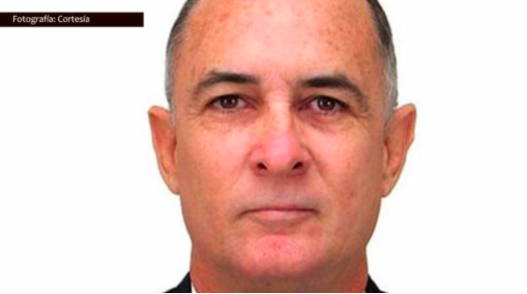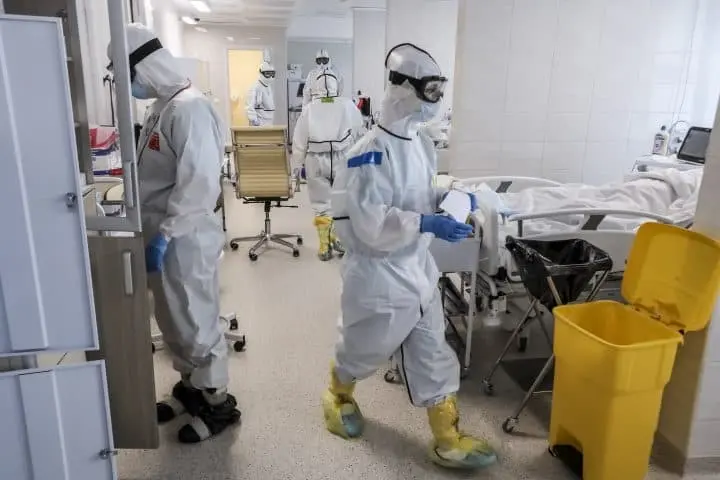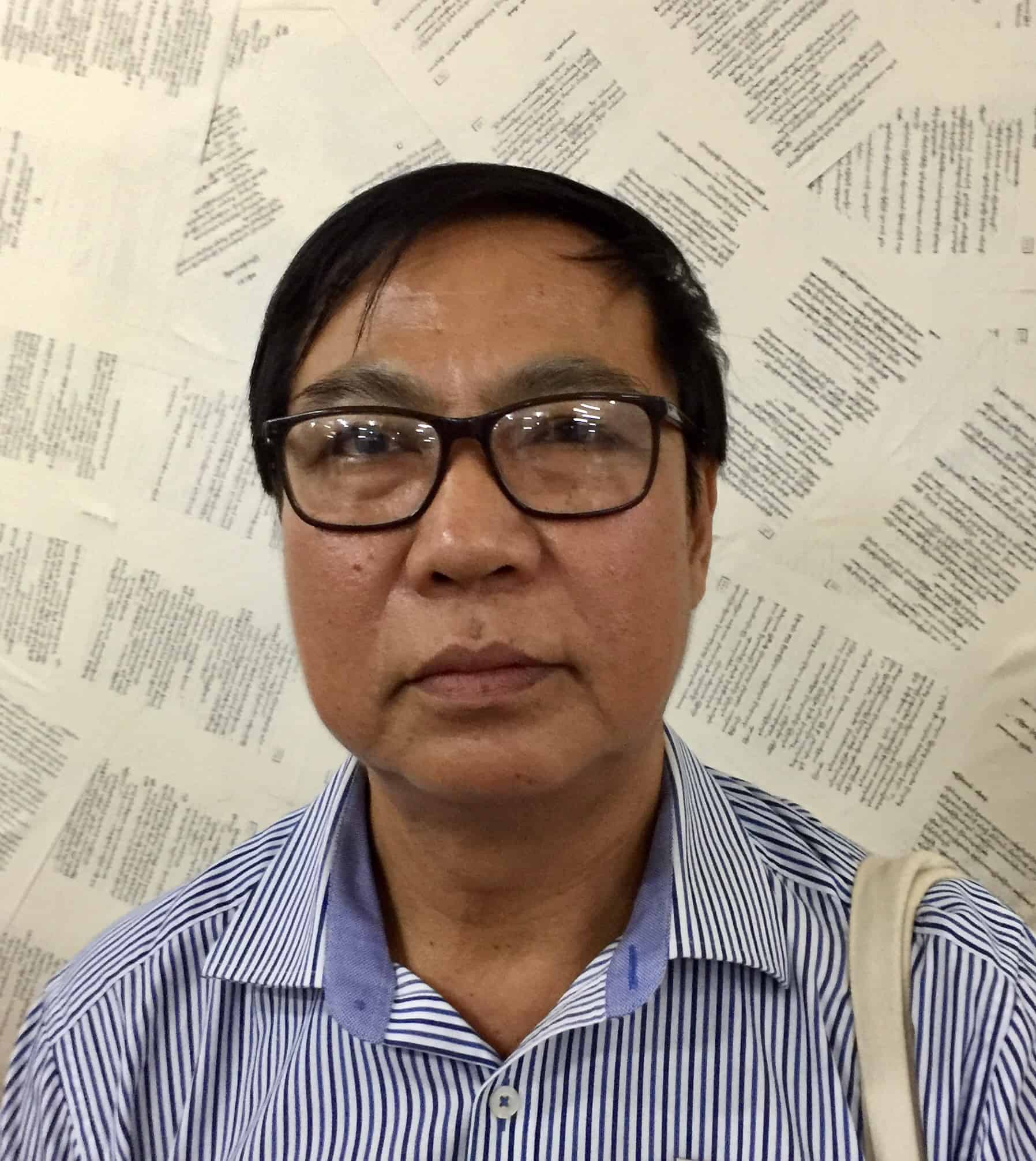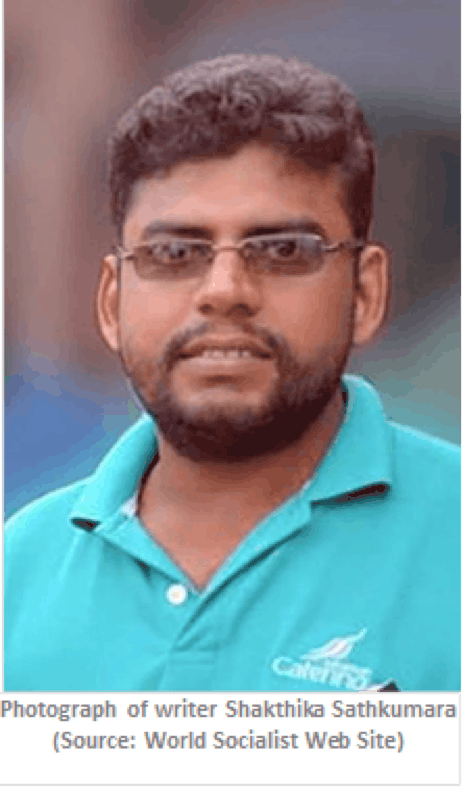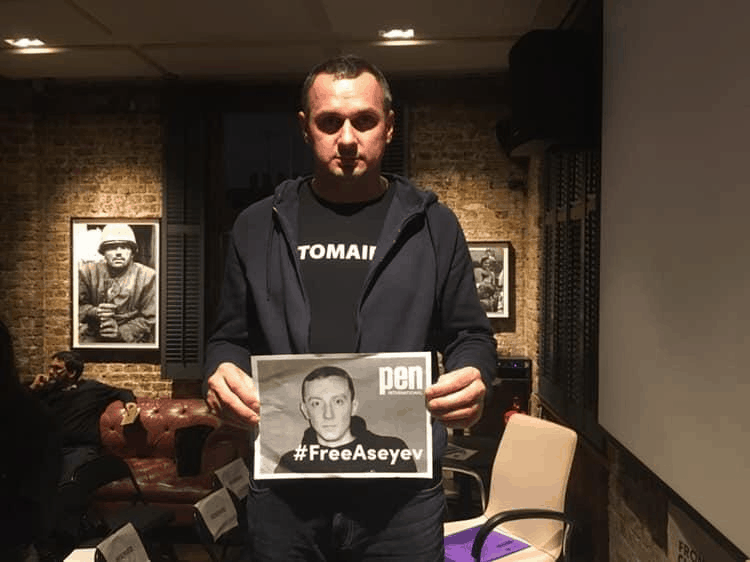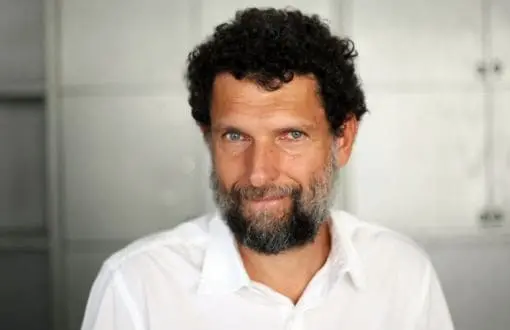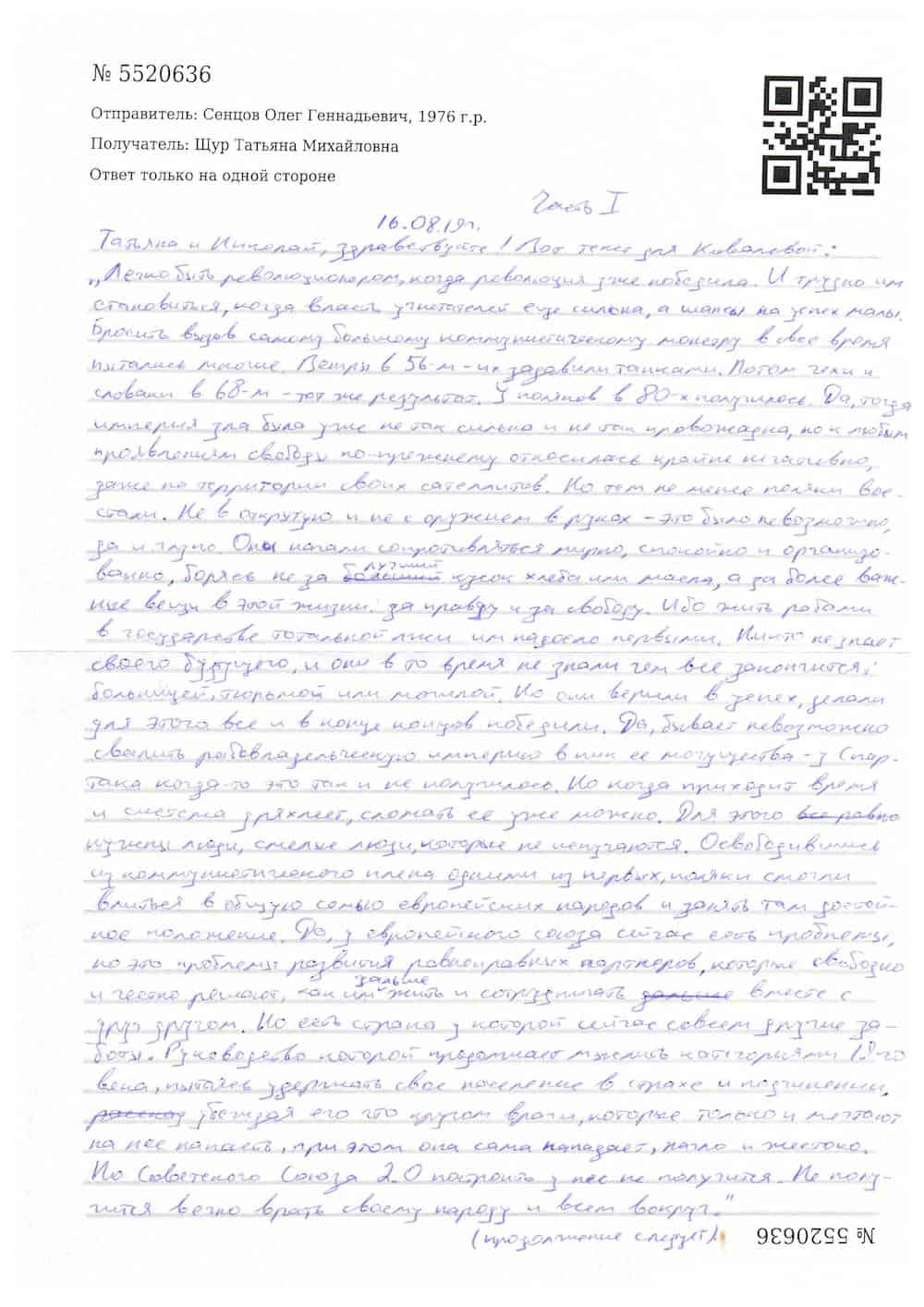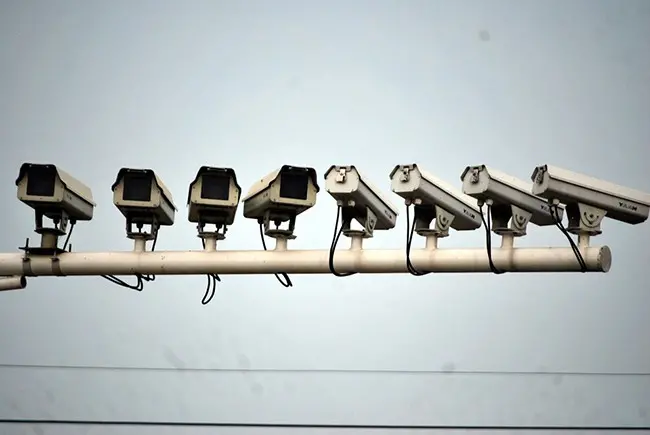The Honorable David Schenker
Assistant Secretary, Bureau of Near Eastern Affairs
U.S. Department of State
2201 C Street NW
Washington, DC 20500
Dear Assistant Secretary Schenker:
We, the undersigned organizations, urge the Department of State to publicly condemn the continued detention of five courageous women human rights defenders in Saudi Arabia and call for their immediate release.
As you are no doubt aware, starting on May 15, 2018, a number of prominent Saudi women human rights defenders were arrested. They had been peacefully advocating for years for the right of women in the Kingdom to drive, as well as broader reforms related to the repressive male guardianship system. In the days and weeks that followed, more of their fellow peaceful activists were detained as part of the Saudi authorities’ crackdown and smear campaign against Saudi women’s rights activists.
July 30, 2020 marks the two-year anniversary of the arrest of two courageous Saudi women human rights defenders Nassima Al-Sada and Samar Badawi. Samar is a recipient of the State Department’s International Women of Courage Award in 2012.
Today, July 31 also happens to be the birthday of another prominent Saudi women human rights defender, Loujain Al-Hathloul, who has been unjustly imprisoned since May 15, 2018. Loujain will turn 31 years old in prison.
Currently, 13 women’s rights activists remain on trial facing prosecution for their human rights activism. Of the 13, five remain in detention: Loujain Al-Hathloul, Nassima Al-Sada, Samar Badawi, Nouf Abdulaziz, and Maya’a Al-Zahrani.
While the eight other activists have been temporarily and conditionally released, they all continue to face trial, and many remain at risk of being sentenced to prison under anti-cybercrime legislation in violation of their right to freedom of expression. Those eight are: Eman Al-Nafjan, Aziza Al-Yousef, Dr Ruqayyah Al-Mharib, Amal Al-Harbi Shadan Al-Anezi, Dr. Abir Namankani, Dr Hatoon Al-Fassi, and Maysaa Al-Mane’a.
At least 10 of the activists have endured a range of human rights violations while in prison, including torture, sexual abuse, and other forms of ill-treatment. For the first three months of their detention, the women were held incommunicado with no access to family or lawyers. Several have also been subjected to lengthy spells in solitary confinement.
Concerns have been heightened as COVID-19 has not been contained in Saudi Arabia. Secrecy around the wellbeing and health conditions of the imprisoned defenders causes great anxiety to their families, who fear an outbreak of the virus in the unsanitary conditions of Saudi prisons. Loujain’s family, for example, has not heard from her since June 9, 2020 and have also been prevented from visiting her due to COVID-19 regulations; and as a result have not seen her in four months. Apprehensions have grown following the death in prison of prominent human rights defender Abdullah al-Hamid on April 24, 2020, and the death of columnist Saleh Al-Shehi on July 19, who was released early from prison in ill-health after almost 18 months behind bars for “criticizing the royal court.”
The imprisonment of Loujain, Nassima, Samar, Nouf, and Maya’a is emblematic of the situation faced by dozens of other human rights defenders in the Kingdom. We believe that this issue is of the utmost importance and we therefore urge the State Department to make a public statement calling for:
- The immediate and unconditional release of Loujain, Nassima, Samar, Nouf, and Maya’a, and all the other prisoners of conscience in Saudi Arabia, who are unjustly imprisoned solely for exercising their right to freedom of expression, association, and assembly;
- That all the charges against the 13 women human rights defenders be dropped;
- That independent monitors be allowed into the prisons to investigate the allegations of torture and other ill-treatment, including sexual abuse, and that those found responsible for human rights abuses are held accountable through due process;
- That foreign diplomats and journalists be allowed access to all the trial sessions; and
- That the detained women’s family members and legal counsel are regularly allowed to communicate with them.
Sincerely,
PEN America
Amnesty International USA
Gulf Centre for Human Rights (GCHR)
Freedom House
Freedom Now



